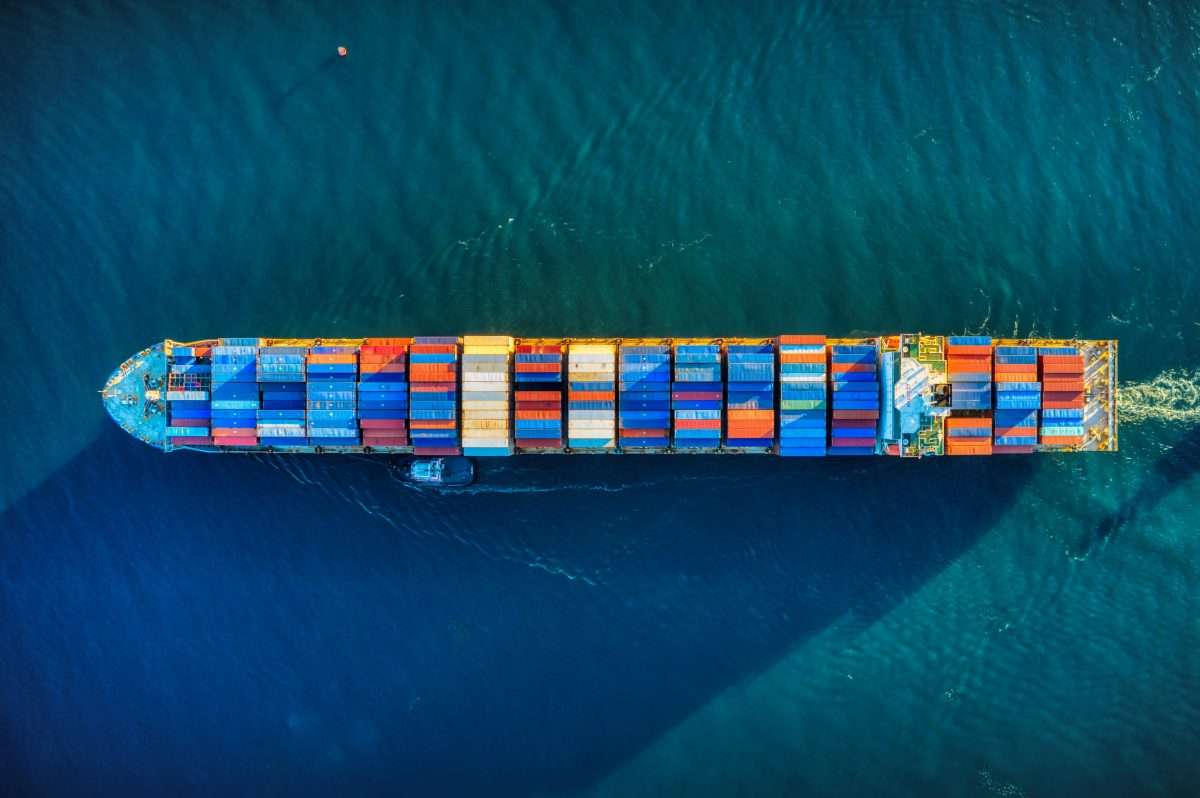When US President Donald Trump announced the imposition of “reciprocal” tariffs on virtually the entire globe on April 2nd, many observers felt that they were witnessing a historic event—the “end of globalization as we know it”, the starting shot to an economic calamity on the scale of the Covid-19 pandemic or, as the prime minister of Singapore put it, “a seismic change in the global order”. And it was indeed a momentous act: with the stroke of a pen, President Trump brought US tariffs up to a level last seen more than a hundred years ago, and higher even than the notorious Smoot-Hawley tariff of 1930 that is widely faulted for having deepened the Great Depression. The farcical way in which the new tariffs had been calculated—based on an misleading formula apparently suggested by ChatGPT—only added to the sense of bewilderment. …
Free Trade
Page 1 of 4
Have WTO Members Successfully Circumvented the US’ Blockade of the Appellate Body? (and How Would We Know?)
On January 26th, in what has become a repeat performance of global governance kabuki, Guatemala put forth a proposal on behalf of 130 World Trade Organization members to relaunch the selection process for Appellate Body adjudicators. It was the 73rd time it was doing so, and for the 73rd time, the US exercised its right to block the…
The Discomfort of Extraterritoriality: US Semiconductor Export Controls and why their Chokehold on Dutch Photolithography Machines Matter
In the wake of the US Department of Commerce’s announcement on 17 October 2023 of new sweeping semiconductor export control restrictions, China began stockpiling photolithography machines produced by ASML based in the Netherlands. Why did China scramble towards a Dutch company because of US restrictions? These regulations were designed to restrict the transfer of…
Dial CPTPP for Climate Change-Related Civil Society Involvement in China: The Experimental Potential of the CPTPP’s Environmental Submissions and Referral Procedure
In September 2021, China formally applied to join the Comprehensive and Progressive Agreement for Trans-Pacific Partnership (CPTPP). Signed and entered into force in 2018, the CPTPP is a recent addition to a line of free trade agreements (FTAs) that establish formal mechanisms for engaging civil society in environmental matters.
Towards a gender-sensitive EU external trade policy
Gender equality is one of the central priorities of the EU’s external policies and actions. According to the Gender Action Plan III, 85% of the EU’s external relations actions ought to contribute to gender equality and women’s empowerment by 2025. This ambition aligns with the more recently formulated “Feministische Außenpolitik” of German…
- Page 1 of 4
- Last
